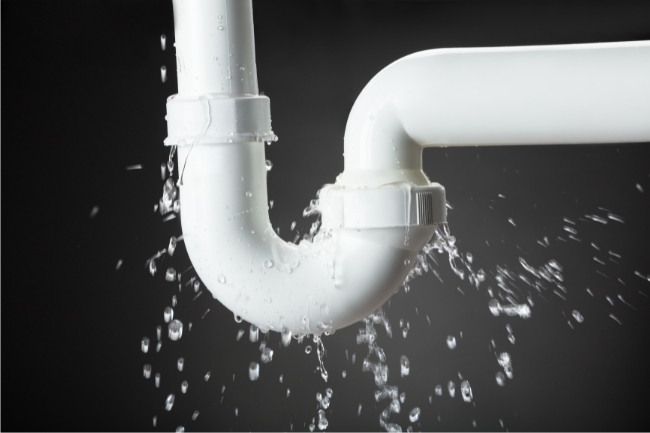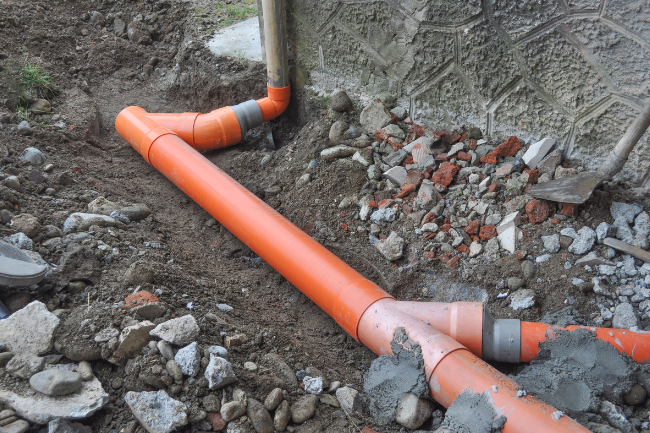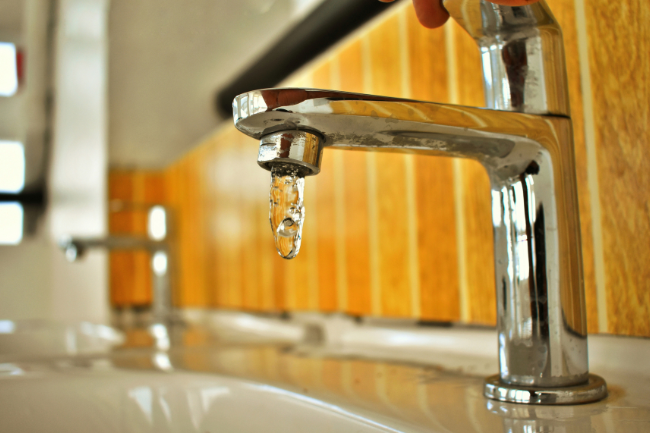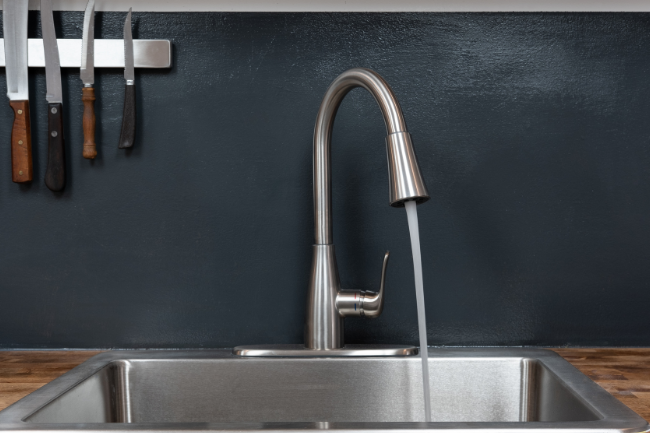Are Plastic Pipe Systems Right For You? 4 Common Types for Plumbing
Posted by William Heinselman on

In the ever-evolving world of plumbing, the choice of materials for your pipe systems is a crucial decision that can significantly impact the performance, longevity, and cost-effectiveness of your plumbing infrastructure.
With an array of options available, it's essential to consider both the specific needs of your plumbing project and the unique advantages of various pipe materials. Plastic pipe systems have gained widespread popularity in recent years, offering a compelling alternative to traditional metal pipes.
Why Are There So Many Kinds of Pipes?
The wide range of pipe options in plumbing stems from the need to meet specific demands and adapt to evolving technology. These pipes serve diverse applications, such as carrying water, gases, or chemicals, each requiring materials capable of withstanding distinct pressures, temperatures, and environmental conditions. Regional factors, technological advancements, and cost considerations also influence the choice of pipe materials, leading to varying preferences in different areas.
Furthermore, safety codes, system designs, and maintenance requirements play crucial roles in selecting the most suitable pipe type. While materials like copper and PEX offer unique advantages, the multitude of options ensures that plumbers and builders can make informed choices that align with local regulations and project-specific needs, ultimately optimizing the efficiency and durability of plumbing systems.
4 Types of Plastic Pipes
Plastic pipes have gained popularity in various plumbing applications due to their durability, corrosion resistance, and ease of installation. There are several common types of plastic pipes used in plumbing and other industries.
PEX
PEX (Cross-linked Polyethylene) plumbing pipes have revolutionized the plumbing industry with their flexibility, durability, and ease of installation. These versatile pipes are commonly used for residential plumbing systems, thanks to their ability to bend and weave through tight spaces, reducing the need for numerous joints and fittings.
PEX pipes are corrosion-resistant, making them ideal for both hot and cold water distribution, and they are often chosen for radiant heating systems as well. Their long-lasting performance, affordability, and resistance to freeze damage have made PEX pipes a popular choice for modern plumbing projects.
CPVC
CPVC (Chlorinated Polyvinyl Chloride) plumbing pipes are widely recognized for their suitability in transporting both hot and cold water within residential and commercial plumbing systems. These pipes exhibit remarkable heat resistance, making them an excellent choice for applications requiring hot water, such as showers and sinks.
CPVC pipes are known for their durability and chemical resistance, ensuring long-lasting performance and compatibility with various water conditions. They are often preferred for retrofitting or upgrading existing plumbing systems due to their ease of installation and adherence to safety standards, making CPVC a dependable choice for many plumbing projects.
PE-RT
PE-RT (Polyethylene Raised Temperature) plumbing pipes are an innovative choice for residential and commercial plumbing applications. Known for their flexibility and ability to handle elevated temperatures, PE-RT pipes are a practical option for both hot and cold water distribution systems.
These pipes offer excellent resistance to corrosion, scale, and chlorine, ensuring water quality and system longevity. Additionally, their flexibility simplifies installation, reducing the need for numerous fittings and making PE-RT pipes a cost-effective and reliable solution for modern plumbing projects, particularly those requiring versatility in temperature and pressure conditions.
Polypropylene
Polypropylene (PP) plumbing pipes have gained popularity in both residential and commercial plumbing systems due to their durability, chemical resistance, and ease of installation. These pipes are suitable for a wide range of applications, including potable water, chemical transport, and industrial drainage.
PP pipes are known for their resistance to abrasion and corrosion, making them a reliable choice for harsh environments. Their lightweight construction simplifies handling and installation, while their longevity ensures a low-maintenance plumbing solution. PP plumbing pipes are often chosen for their versatility, making them a valuable option in various plumbing projects where longevity and performance are essential.
Benefits of Plastic Piping Materials

Plastic piping materials offer a range of benefits that have contributed to their widespread use in the plumbing industry. Here are some key advantages of plastic piping materials.
Resistant to Corrosion
Plastic pipes are highly resistant to corrosion, making them a preferred choice for a wide range of applications in plumbing, industrial, and infrastructure projects. Unlike metal pipes, which can deteriorate over time due to exposure to moisture, chemicals, and other corrosive agents, plastic pipes remain impervious to corrosion. This corrosion resistance not only ensures the longevity of the piping system but also helps maintain the quality of transported fluids.
Non-Reactive
Unlike metal pipes, which can react with certain chemicals and alter the composition of liquids, plastic pipes remain inactive. This non-reactivity ensures that the quality and safety of water or other substances flowing through the pipes are preserved.
Whether it's drinking water, chemicals, or sewage, plastic plumbing pipes maintain their integrity and do not introduce unwanted elements or contaminants into the system. This characteristic makes plastic pipes a dependable and hygienic choice for a wide range of plumbing applications.
Low Heat Conductivity
Plastic plumbing pipes are favored in many construction applications due to their low heat conductivity. Unlike metal pipes, which are excellent conductors of heat, plastic pipes such as PVC and PEX exhibit poor thermal conductivity. This property is advantageous as it helps to maintain the temperature of the water inside the pipes more effectively.
In both hot and cold water systems, plastic pipes minimize heat loss, ensuring that hot water stays hot and cold water remains cold as it flows through the plumbing network. Additionally, their low heat conductivity makes plastic pipes less prone to condensation, reducing the risk of moisture-related issues within the plumbing system.
Get Plastic Plumbing Assistance from Local Sacramento Experts
When it comes to the installation, maintenance, or repair of plastic plumbing systems, it's essential to rely on the expertise of professionals who understand the nuances of working with these materials. The team at Express Sewer & Drain is a trusted local resource for Sacramento plastic plumbing assistance. Contact us today to learn more about our plastic maintenance and repair services!
Topics: Pipe Leaks and Repair, Plumbing Tips







